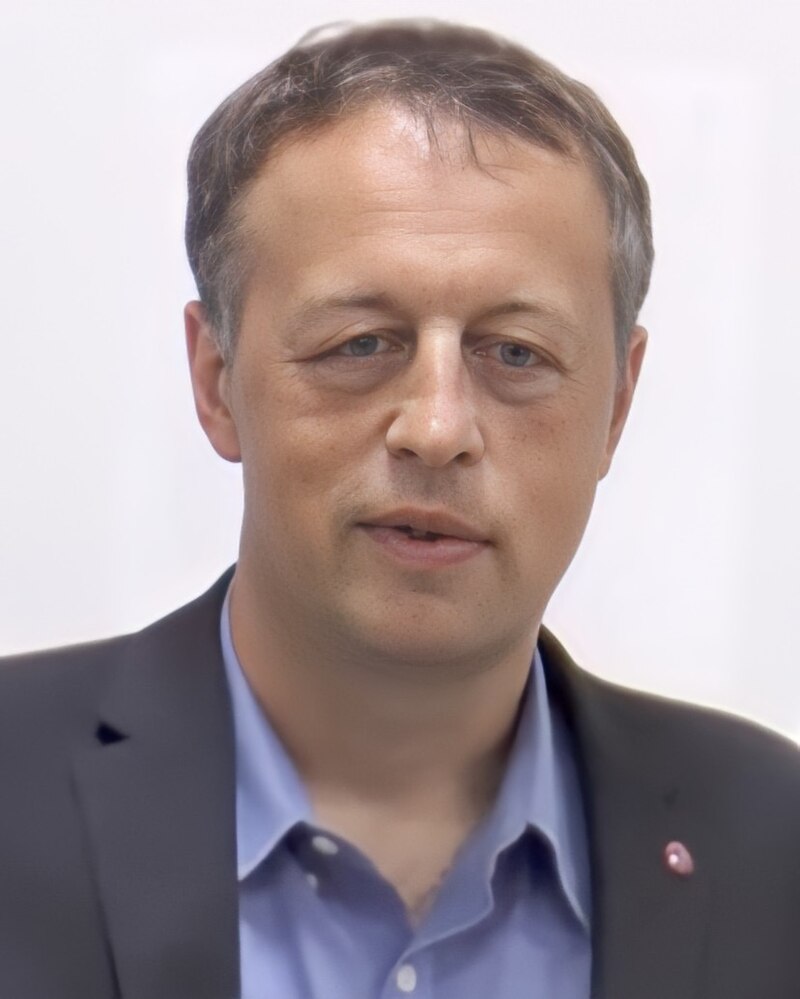
Konstantin Sonin
Konstantin Sonin is a prominent professor at the Harris School of Public Policy at the University of Chicago, known for his expertise in economics and political science. His research often focuses on the intersection of economic policies and political regimes, particularly in the context of Russia. Sonin has been vocal about the dynamics of authoritarianism and the misperceptions surrounding Russia's political landscape, drawing parallels between historical and contemporary ideological movements. His insights have shed light on the reasons why some Western conservatives idealize Russia as a bastion of traditional values, despite the stark realities of its political oppression and social challenges.
Born on Jan 01, 1970 (56 years old)
Global Media Ratings
Countries Mentioned
No country-level mention data available.
Interactive World Map
Each country's color is based on "Mentions" from the table above.
Recent Mentions
 Croatia:
Konstantin Sonin is a professor at the University of Chicago who commented on Putin's intentions regarding Ukraine.
4
Croatia:
Konstantin Sonin is a professor at the University of Chicago who commented on Putin's intentions regarding Ukraine.
4
 Romania:
Konstantin Sonin compares the current situation in Russia to Germany in 1918, suggesting a potential collapse.
5
Romania:
Konstantin Sonin compares the current situation in Russia to Germany in 1918, suggesting a potential collapse.
5
 Georgia:
Konstantin Sonin, a professor at the University of Chicago, comments that direct trade sanctions imposed by Trump will not significantly harm Russia.
5
Georgia:
Konstantin Sonin, a professor at the University of Chicago, comments that direct trade sanctions imposed by Trump will not significantly harm Russia.
5
 Greece:
Konstantin Sonin, an expert on Russian affairs, commented that Putin feels no pressure regarding the conflict.
5
Greece:
Konstantin Sonin, an expert on Russian affairs, commented that Putin feels no pressure regarding the conflict.
5
 Croatia:
Konstantin Sonin, an economist, warned that there will be a significant wave of crime from veterans returning from Ukraine.
4
Croatia:
Konstantin Sonin, an economist, warned that there will be a significant wave of crime from veterans returning from Ukraine.
4
 Serbia:
Konstantin Sonin states that veterans do not pose an acute threat to Putin's power but represent other risks to Russian society.
5
Serbia:
Konstantin Sonin states that veterans do not pose an acute threat to Putin's power but represent other risks to Russian society.
5
 Croatia:
Konstantin Sonin, an economist of Russian origin, noted that veterans do not pose an acute threat to Putin's power but represent other risks to Russian society.
5
Croatia:
Konstantin Sonin, an economist of Russian origin, noted that veterans do not pose an acute threat to Putin's power but represent other risks to Russian society.
5
 Croatia:
Konstantin Sonin stated that veterans returning from Ukraine could lead to a significant wave of crime.
4
Croatia:
Konstantin Sonin stated that veterans returning from Ukraine could lead to a significant wave of crime.
4
 Croatia:
Konstantin Sonin noted that prices in Russia are rising much faster than reported by the government.
5
Croatia:
Konstantin Sonin noted that prices in Russia are rising much faster than reported by the government.
5
 Croatia:
Konstantin Sonin noted that prices in Russia are rising much faster than reported by the government.
5
Croatia:
Konstantin Sonin noted that prices in Russia are rising much faster than reported by the government.
5
